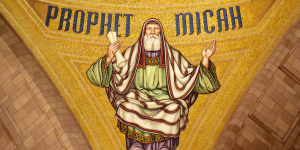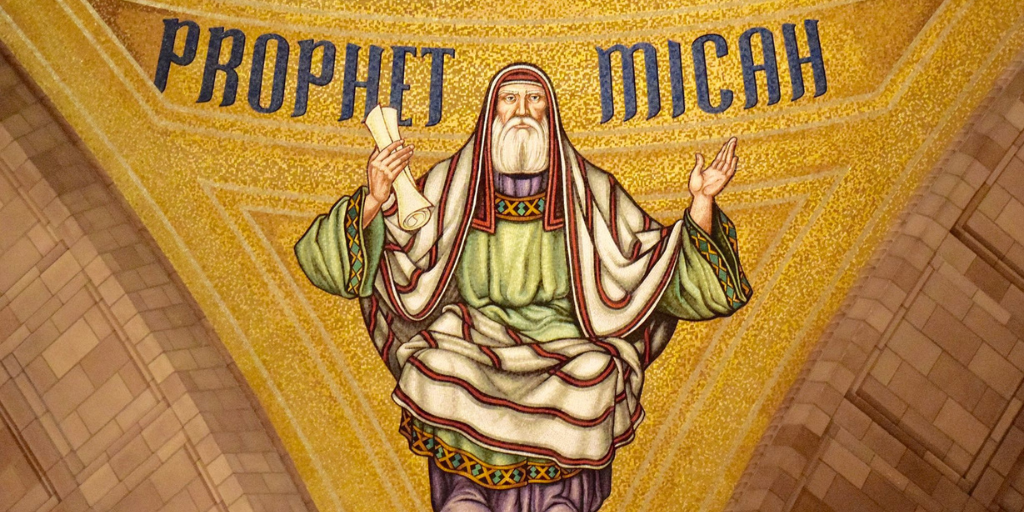
A contemporary of the prophets Isaiah and Hosea, Micah prophesied during the reigns of Jotham, Ahaz, and Hezekiah. During Micah’s lifetime, God’s people were divided into the two kingdoms of Israel and Judah, where Micah lived in Moresheth. With a succession of often unrighteous leaders at the helm in each of their realms, the two kingdoms had repeatedly violated their covenant with God. Micah came to God’s people as a messenger of judgment for their recurring sins. Though much of the book of Micah addresses punishment for wrongdoing, it is not without hope.
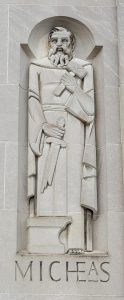
In today’s Biblical Figures post, we invite you to learn more about this minor prophet of the Old Testament and where you can find him portrayed in the Basilica.
Judgement in the Book of Micah
The Book of Micah opens with the prophet expressing great sorrow over the future suffering that would be experienced by Israel. In his prophecy, he warns God’s people of attacks by Syria and Babylon that would come as judgment if they continued to sin. Both the people and the leadership are condemned by Micah, who rebukes them for corruption, selfishness, and neglect of God’s commands.
Prophecy and Restoration
Though the Book of Micah has its share of warnings and judgment, it also reveals God’s plan for future restoration. Micah 4:1-2, 5 says:
“In days to come the mount of the Lord’s house shall be established as the highest mountain; it shall be raised above the hills, and peoples shall stream to it: Many nations shall come, and say, ‘Come, let us climb the Lord’s mountain, to the house of the God of Jacob, That he may instruct us in his ways, that we may walk in his paths.’ For out of Zion shall go forth the law, and the word of the Lord from Jerusalem… Though all the peoples walk, each in the name of its god, We will walk in the name of the Lord, our God, forever and ever.”
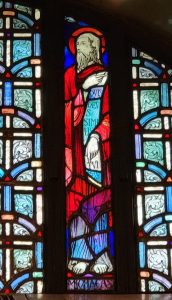
This passage bears a striking resemblance to the beginning of Isaiah 2. Though both prophets foresee judgment, both affirm the Lord’s justice and the promise of future hope. Despite the struggles ahead, by God’s grace, the people will live in peace and harmony when they repent, obey the Word of the Lord, and walk in His ways.
Micah also gives a more specific prophecy describing a ruler from the lineage of David who will be born in Bethlehem. Micah 5:1 tells us:
“But you, Bethlehem-Ephrathah least among the clans of Judah, From you shall come forth for me one who is to be ruler in Israel; Whose origin is from of old, from ancient times.”
In a foreshadowing of Jesus’ first coming, the passage then describes how He will take His place as shepherd to protect His people. This first coming of Christ is not marked by His judgment, but by Him leading His people to repentance.
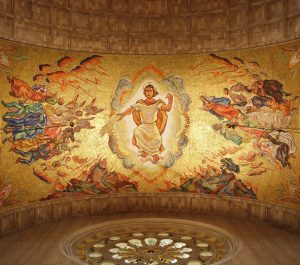
What Can We Learn from Micah?
Micah’s prophecy demonstrates how even though mankind is fallen, God has unconditional love for His people. Yet His unending love does not grant license to live according to earthly desires; rather, we are called to reflect the Lord’s goodness in our own lives, giving thanks to Him as we await His return. As Micah 6:8 reminds us:
“You have been told, O mortal, what is good, and what the Lord requires of you: Only to do justice and to love goodness, and to walk humbly with your God.”
You can find Micah portrayed in the Basilica in the southeast pendentive of the Incarnation Dome, a lunette window in the west apse of the Crypt Church, and in the east buttress of the south façade.

